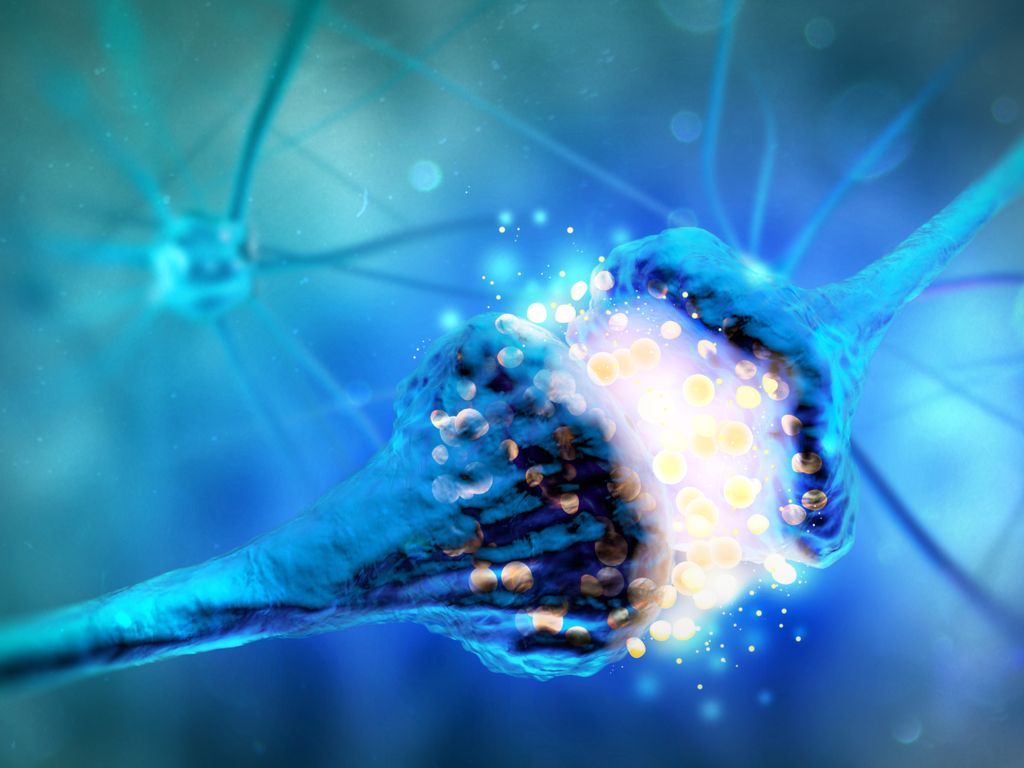Complications and effects of anesthesia on the brain and other organs
If you have surgery, you will most likely have some anesthesia to prevent pain during the operation. While anesthesia is very safe, it can cause side effects during and after surgery. Most side effects of anesthesia are temporary, although some people have more severe side effects noted in advance.

How can you reduce the risk of side effects?
The most important thing you can do to prevent anesthesia’s side effects is to ensure the anesthesiologist is involved in your care. An anesthesiologist is very important to control pain and medications.
Before surgery, see your anesthetist to talk about your medical history, health habits, and lifestyle.
This information will help him know how you react to anesthesia and take steps to reduce the risk of side effects. This session is also an excellent time to ask questions and how to wait.
What are the types of anesthesia and their side effects?
There are three types of anesthesia during surgery. Types of anesthesia include:
General anesthesia
General anesthesia causes you to lose consciousness.
This type of anesthesia, although very safe, has side effects. If you have general anesthesia, your anesthesiologist should monitor you during and after the operation and look for more serious complications.
Side effects of general anesthesia
Side effects of general anesthesia may include the following:
nausea and vomiting
This widespread side effect can occur within hours or days after surgery and can be caused by several factors such as medication, movement, and type of surgery.
Delusions
Dizziness is common after surgery, but for some people, especially the elderly, dizziness can last for about a week. You may feel dizzy and have difficulty remembering or concentrating.
If you stay in the hospital for a few days after the operation, it may worsen because you are in an unfamiliar place. Having a loving companion along with doing some other simple things is also very important to you.
Sore throat
A tube helps you breathe. After removal, it may cause a sore throat.
Muscle aches
Medications are prescribed to relax muscles for pain caused by the fallopian tubes.
Itching
This is a common side effect of medications, which is sometimes used under general anesthesia.

General anesthesia can rarely cause serious problems, including:
In some cases, confusion and memory loss can last for hours or days. A condition called postoperative cognitive impairment can lead to long-term memory impairment and learning difficulties in some patients.
It is more common in the elderly and those with heart disease conditions, especially congestive heart failure, Parkinson’s disease, or Alzheimer’s.
People who have had a stroke in the past are also at risk. If you have a problem, it is essential to tell your anesthesiologist.
With some methods, you can get medicines that make you drowsy and prevent you from feeling pain.
There are different amounts of sedatives. Some patients become drowsy but are awake and can talk. Others fall asleep and do not remember the surgery.
Side effects are less common than general anesthesia, which include headache, nausea, and drowsiness. These side effects usually go away quickly.
Because the amount of sedation varies, it is essential to monitor it during surgery to ensure you have no problems.
Headache
This may occur a few days after surgery if spinal fluid passes through the spine during the transfer of regional anesthesia to the spine or spinal cord, and low back pain can be localized. Be where the needle is inserted into the back.
Problem urinating
If you have numbness in your lower back, you may have trouble urinating for a while.
Pneumothorax
When anesthesia is injected into the lungs, the needle is accidentally inserted into the lungs. This can damage the lungs, and a chest tube must enter the lungs.
Nerve damage
Although very rare, nerve damage may occur and cause temporary or permanent pain.
Local anesthesia
This type of anesthesia is likely to have side effects, and any side effects are usually minor.
Local anesthesia is usually a one-day injection of a drug that only affects a small part of the body with a biopsy procedure.
You may have itching where the medicine is injected. Be sure to tell your doctor if you have had this type of reaction to local anesthesia before.
You may be given an anesthetic or other medicine to help with the side effects. What happens in your brain after anesthesia is scary. Most of us have a laid-back attitude when it comes to painting a picture of ourselves.
But what else does anesthesia do?
Honestly, we do not know much, but doctors and scientists understand the same. Anesthesia is one of the most notable topics in modern medicine. But here’s what experts think.
Local anesthesia means that you are more likely to stay awake and usually feel pain only in a small area (such as “anesthesia” at the dentist before filling a tooth).
Anesthesia and its effects
Doctors and scientists have never been able to understand why a person faints fully. There are various theories about what anesthesia does to the brain, but none have been confirmed.
This is one of the most common medical procedures globally, but it is still a mystery. Interestingly, anesthetized people do not fall asleep.
This is the length of time that disappears from your memory. People claim to dream.
Anesthesia drugs bind to brain proteins.
Anesthetics were initially thought to be linked to the fat membranes of the brain. However, this theory was rejected when scientists realized that the drug still worked without fat. We stimulate anesthetics with protein receptors in the brain specifically.
Performance of anesthetic drugs
When activated, GABA receptors can stimulate nerve cells in the brain. During anesthesia, the brain becomes more active than ever instead of weakening.
Anesthesiologist Emery Brown began measuring brain activity using something called an electroencephalogram, which measures the brain’s electrical signals through the scalp.
At first, it was thought that the brain shuts down during anesthesia, but in reality, the brain’s electrical activity fluctuates, something very different from the brain’s active state.
The fluctuations appear to be due to the binding of anesthetics to GABA receptors, and experts believe that anesthesia prevents contact with them.
When neurons become “incompletely inflamed,” they do not communicate properly with other parts of the brain. The brain can no longer transmit signals.
The body does not feel pain with different brain parts that cannot interact with each other and do not know that it must be alert.
But he knows he has to do something, so there is a lot of activity in the brain.
Scientists have never been able to understand consciousness fully. Still, anesthesia has led to a very logical theory, which explains interaction with the booster: Communication is necessary for consciousness, and the brain can communicate.










